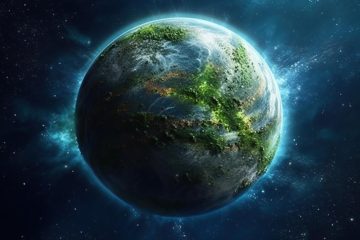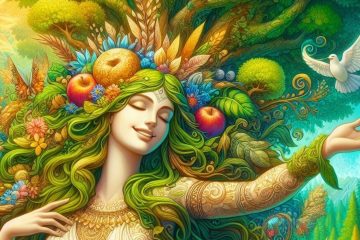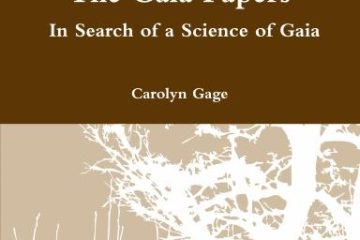Gaia hypothesis
gaia hypothesis
The Gaia Hypothesis envisions Earth as a living entity, where its ecosystems, atmosphere, and geology work in harmony, creating a self-regulating, complex system fostering life’s delicate balance.
James Lovelock
james lovelock ecologia
James Lovelock, a visionary in ecology, launched the Gaia hypothesis, viewing Earth as a self-regulating organism. His insights challenge us to rethink our relationship with nature, emphasizing interconnectedness and environmental stewardship.
Gaia hypothesis
gaia hypothesis apes
Exploring the Gaia Hypothesis through the lens of our ape ancestors sheds light on the interconnectedness of life on Earth. Join us on a journey to uncover the harmony between nature and evolution.
James Lovelock
james lovelock la venganza de la tierra
Unveil the captivating narrative of “James Lovelock: La Venganza de la Tierra” as it delves into the intricate dance between humanity and our planet. Explore the thought-provoking concepts and compelling vision this work presents.
Planetary ecology
planetary ecology
Explore the intricate web of life that connects all beings on our planet. From the depths of the oceans to the vast forests, planetary ecology unveils the beauty and balance of nature’s grand design. Join us on a journey to understand and protect our precious home.
Gaia
gaia in roman mythology
In Roman mythology, Gaia, the personification of Earth, holds a prominent place as a primordial deity. Discover the essence of Gaia and her significance in shaping the world as we know it.
Gaia
gaia definition
Gaia, often referred to as the living Earth, embodies the interconnectedness of all living organisms with the planet. This concept highlights the symbiotic relationship between nature and humanity, emphasizing the importance of environmental harmony.









